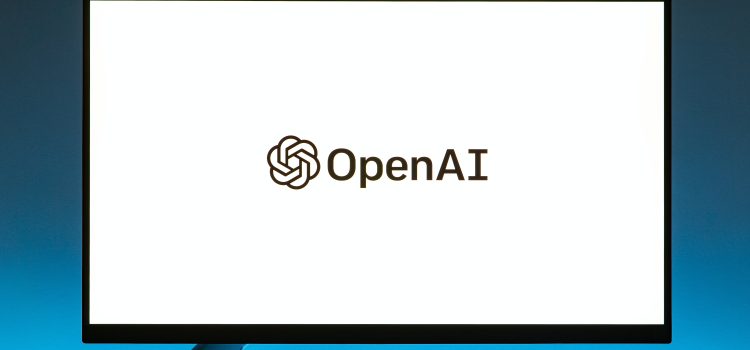
Welcome to the fascinating world of A.I. chatbots! These virtual assistants are quickly becoming a staple in businesses, providing customers with instant support and personalized experiences. But did you know that their personality could make or break your chatbot’s success? That’s right – from being friendly and humorous to cold and robotic, the way your chatbot interacts with customers can greatly impact their engagement and loyalty. In this blog post, we’ll dive into why personality is such an important factor for A.I. chatbots and how it can affect your bottom line. So let’s get started!
What is an A.I. Chatbot?
There’s a reason A.I. chatbots are so popular: they’re super useful. They can help you with everything from ordering a pizza to scheduling a doctor’s appointment. But if your chatbot is personality-less, it might not be as successful as one with a likable personality.
To create alikable chatbots, experts recommend giving them personalities that reflect the user community they’ll interact with the most. For example, if your chatbot will be used to talk to customers on behalf of a company, make sure it has an engaging persona that mirrors the personalities of the people who will be using it.
In addition to developing likable personalities, chatbot developers need to consider how their bots will communicate and interact with users. For example, do they prefer visual or textual communication? Do they like making requests or answering questions? All of these details play into how successful a chatbot will be.
How Do A.I. Chatbots Work?
A.I. chatbots work by using natural language processing to understand and respond to user questions and interactions. In order for a chatbot to be successful, its personality must be tailored specifically to the needs of the customer base it is serving.
Some key factors that will influence how a chatbot’s personality works include: its cultural context, the language used in its responses, and the design of the bot itself. For example, Japanese chatbots are known for being polite and patient; English-speaking chatbots tend to be more blunt. The way a chatbot handles customer service scenarios can also be impacted by its personality.
The goal of creating a successful A.I. chatbot is to make the user feel comfortable and welcomed while providing relevant information or assistance. If done correctly, this type of conversational AI can lead to increased customer loyalty and decreased abandonment rates – something that businesses everywhere would love to see!
What are the Different Types of A.I. Chatbots?
There are many different types of AI chatbots, each designed for a specific task. Here’s a look at the most popular types of chatbots and what they do:
Text-based chatbots: These bots communicate with users via text message or an online conversation interface. They’re often used to handle simple tasks such as customer service or data entry.
Voice-based chatbots: These bots can be used to handle more complex tasks, such as answering questions or providing information. They generally use voice recognition software to identify words and phrases spoken by the user.
Natural language processing (NLP) chatbots: NLP chatbots are trained to understand human conversations in natural language. This type of chatbot is particularly useful for tasks such as recognizing customer complaints or providing product recommendations.
Why Does Personality Matter When It Comes to A.I. Chatbots?
Personality matters when it comes to chatbots because the AI chatbot’s personality will dictate how people interact with the chatbot. If the AI chatbot is too aggressive or too shy, then people may not feel comfortable talking to the AI chatbot and may not be drawn in to using the chatbot. On the other hand, if the AI chatbot is more engaging and personable, then people may be more likely to use the chatbot and feel more connected to it.
It is important for developers creating A.I. chatbots to pay attention to personality because it can make a significant difference in how successful or unsuccessful achatbot will be.
Conclusion
With the growing popularity of A.I. chatbots, businesses are starting to take notice. However, not all chatbots are created equal; some will be more successful than others because of their personality. By understanding why certain personalities work better than others for a particular task, you can create a bot that is more likely to achieve success.










